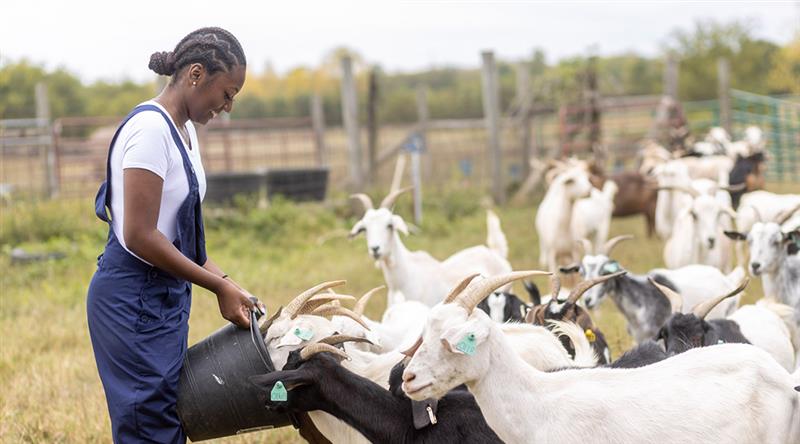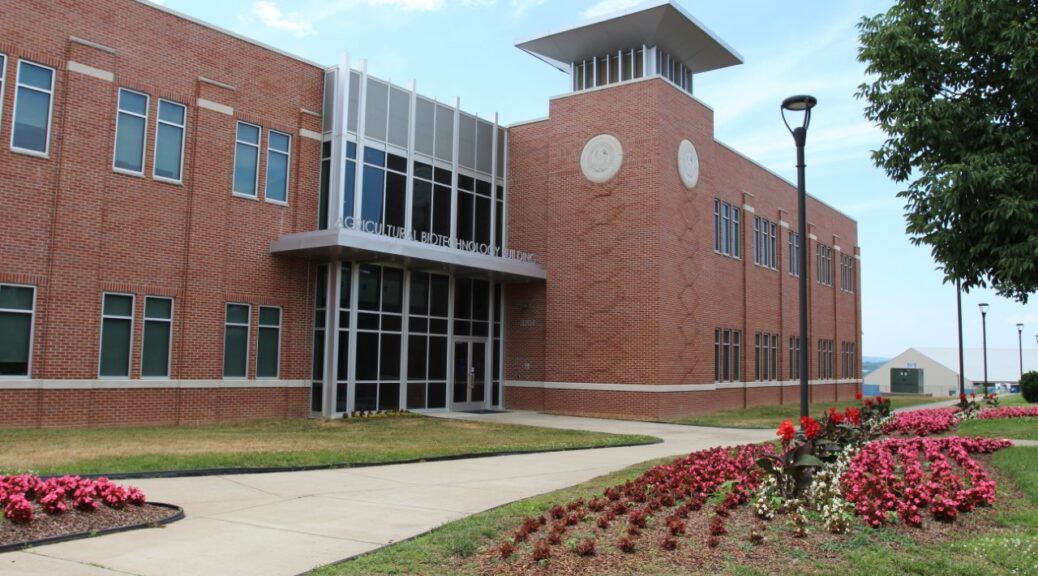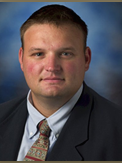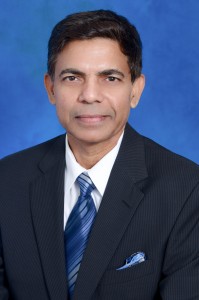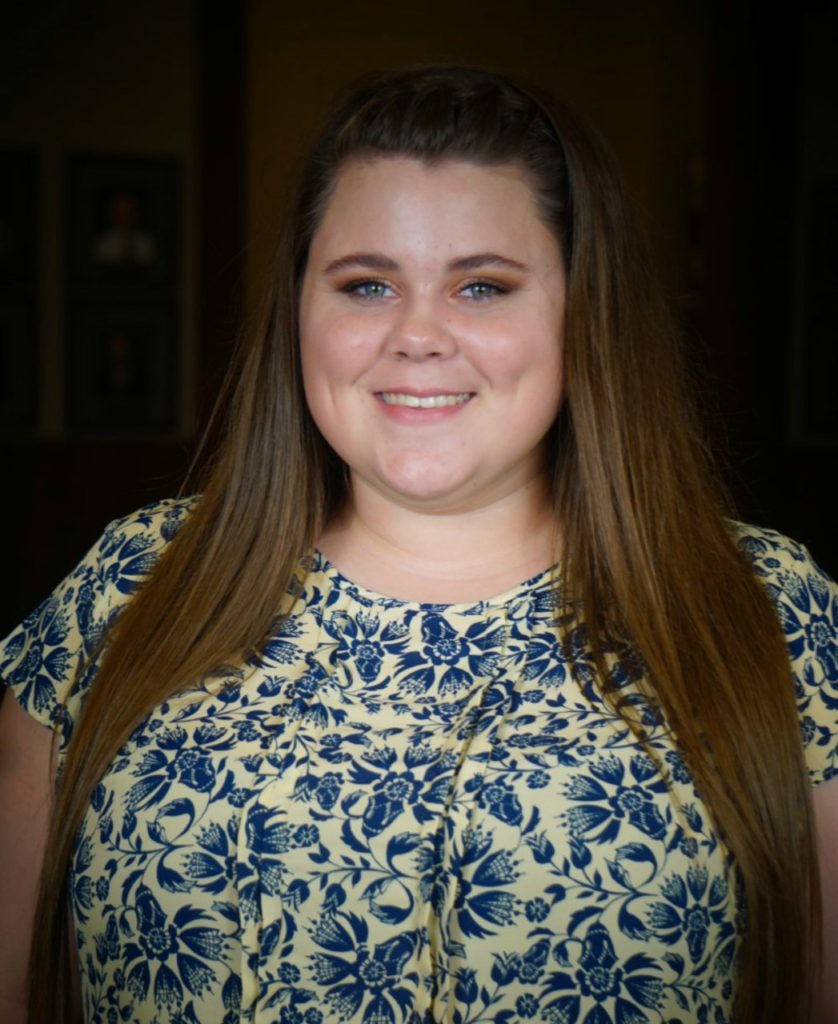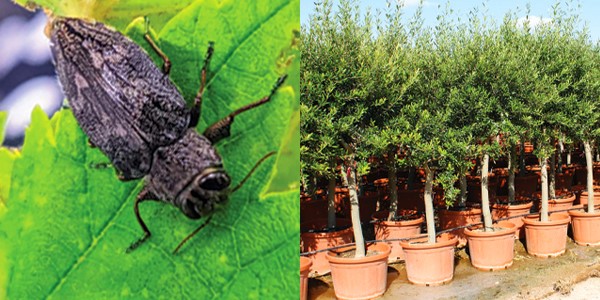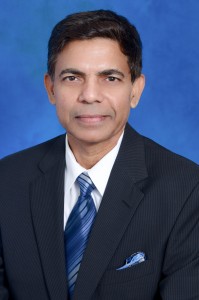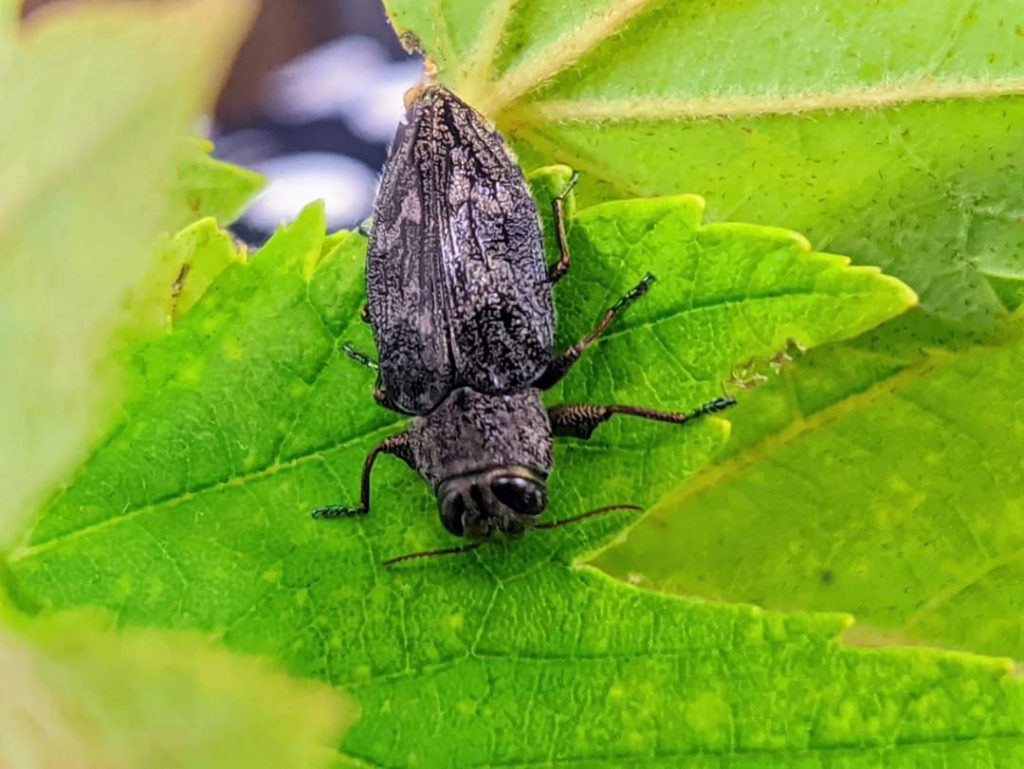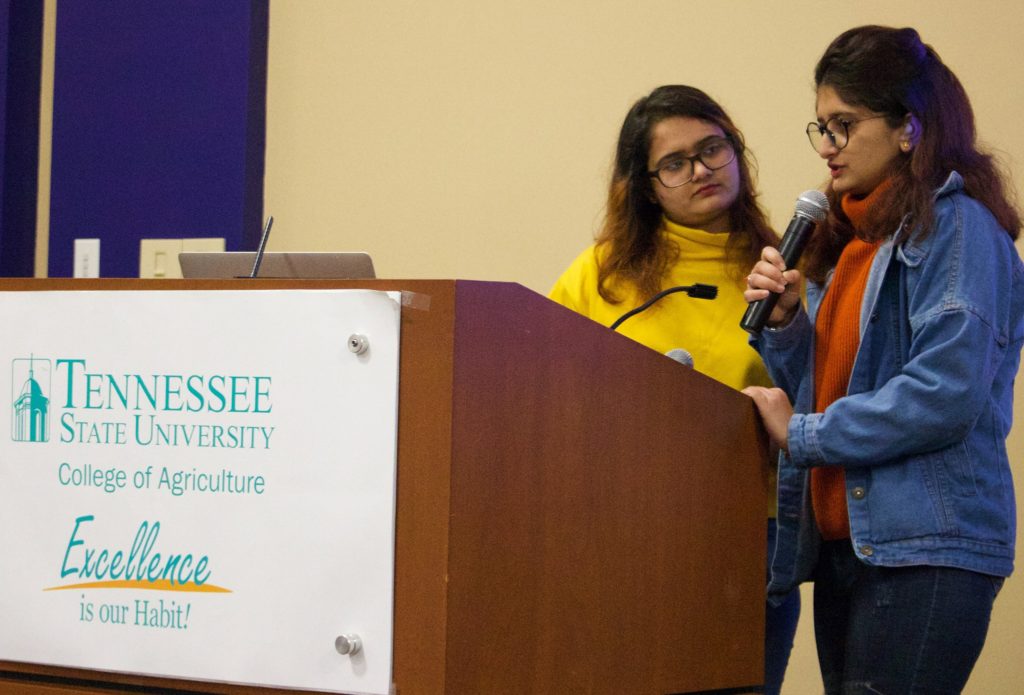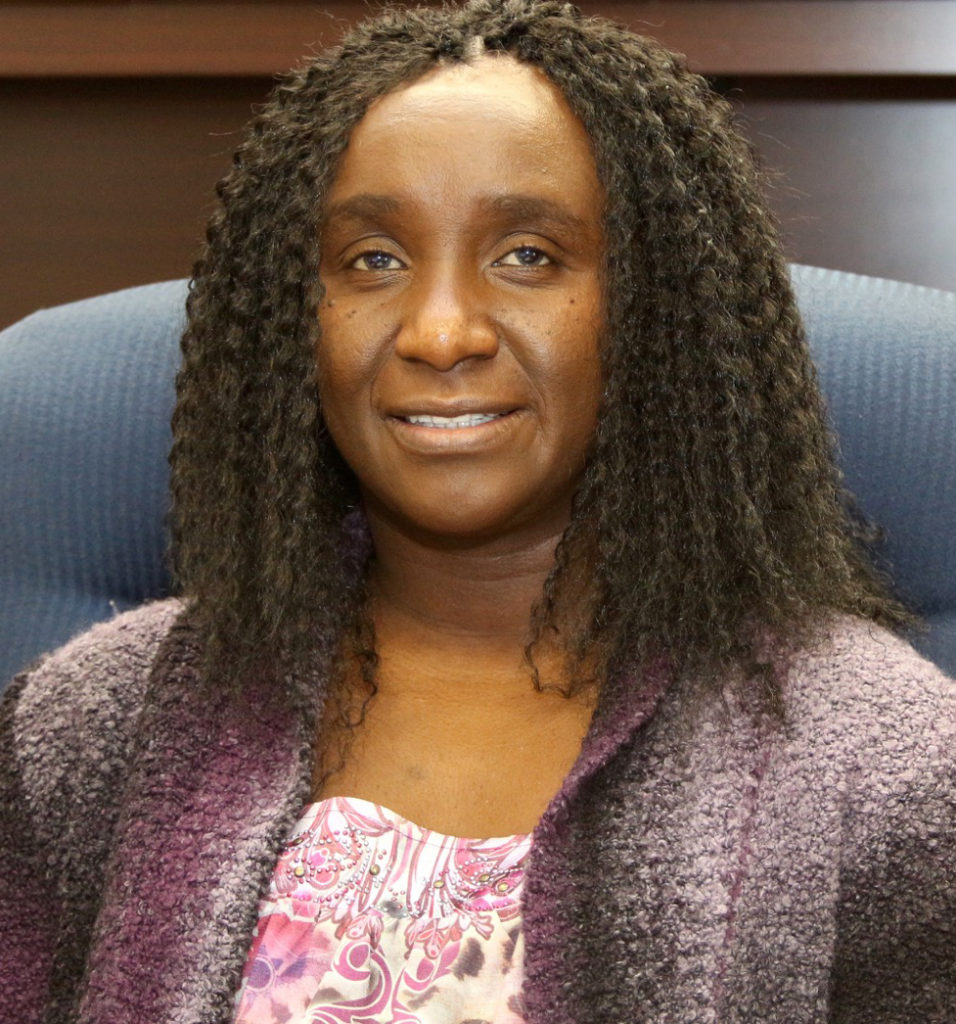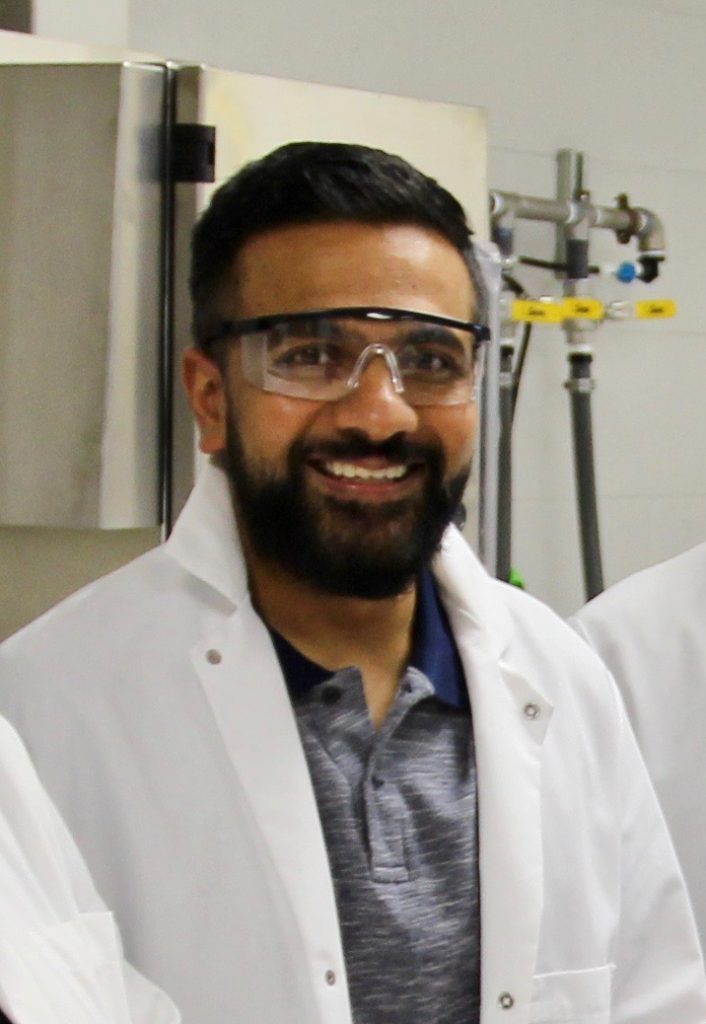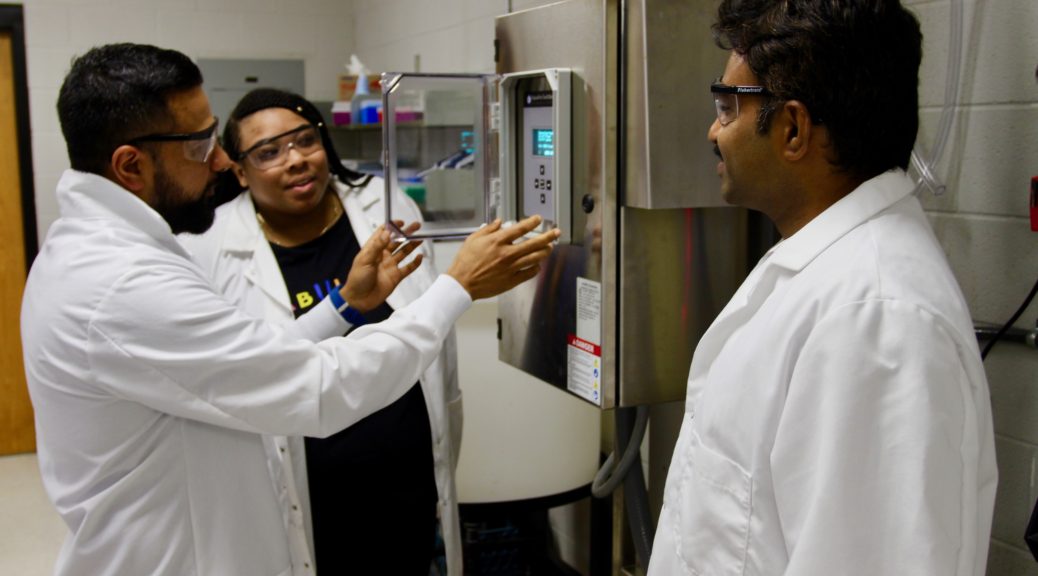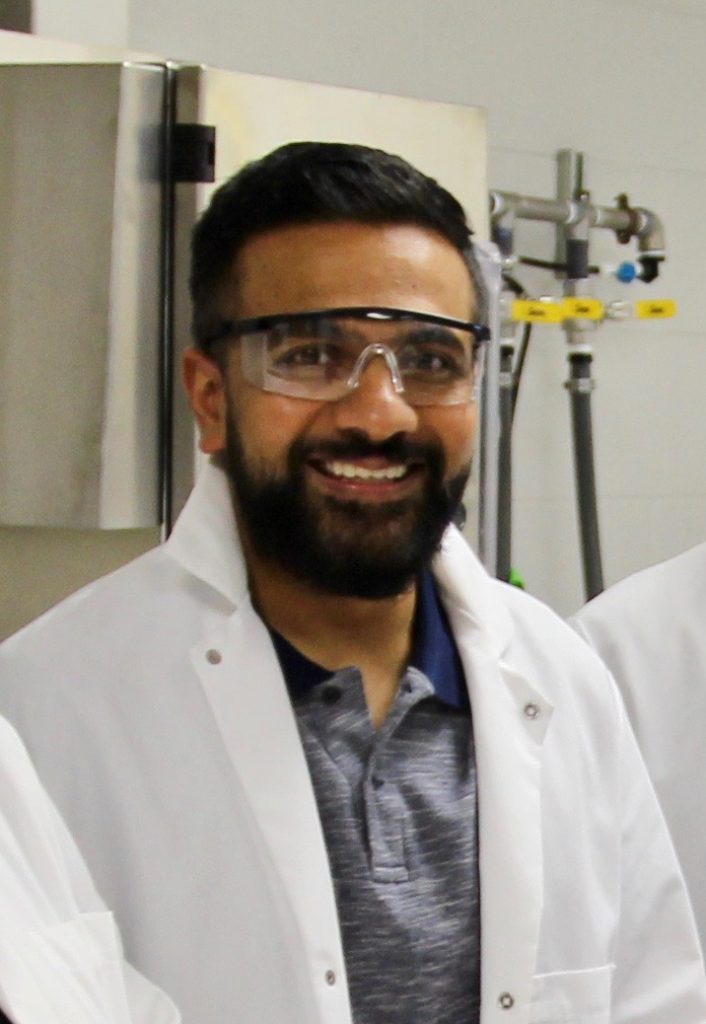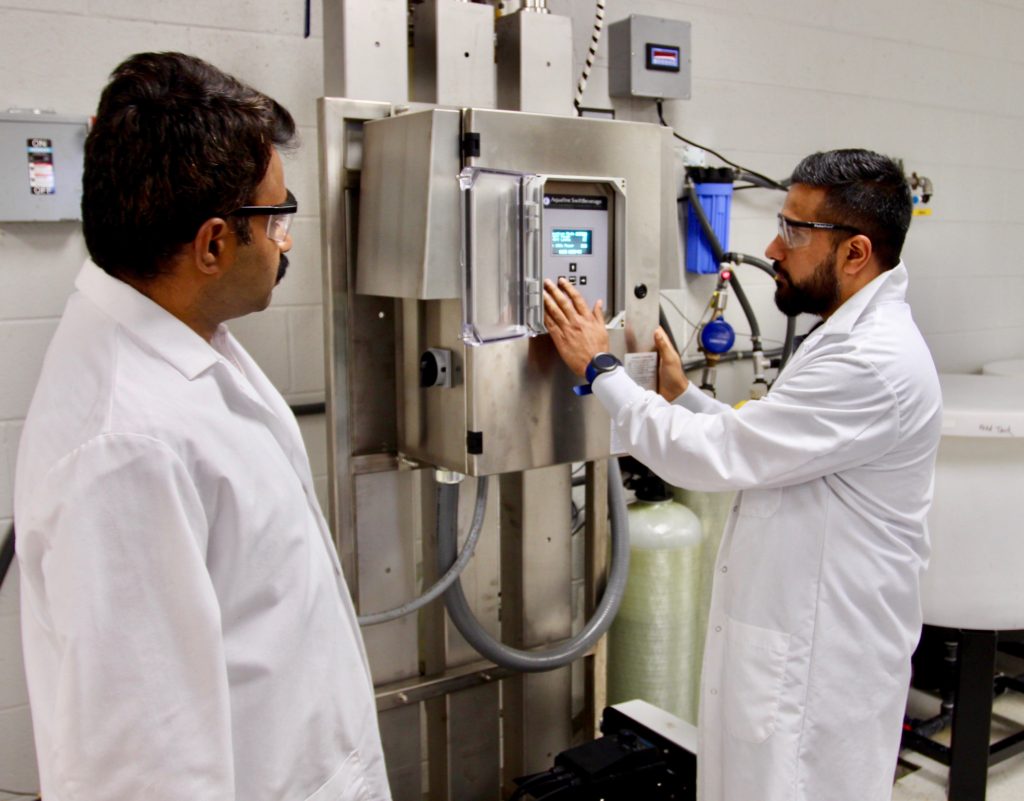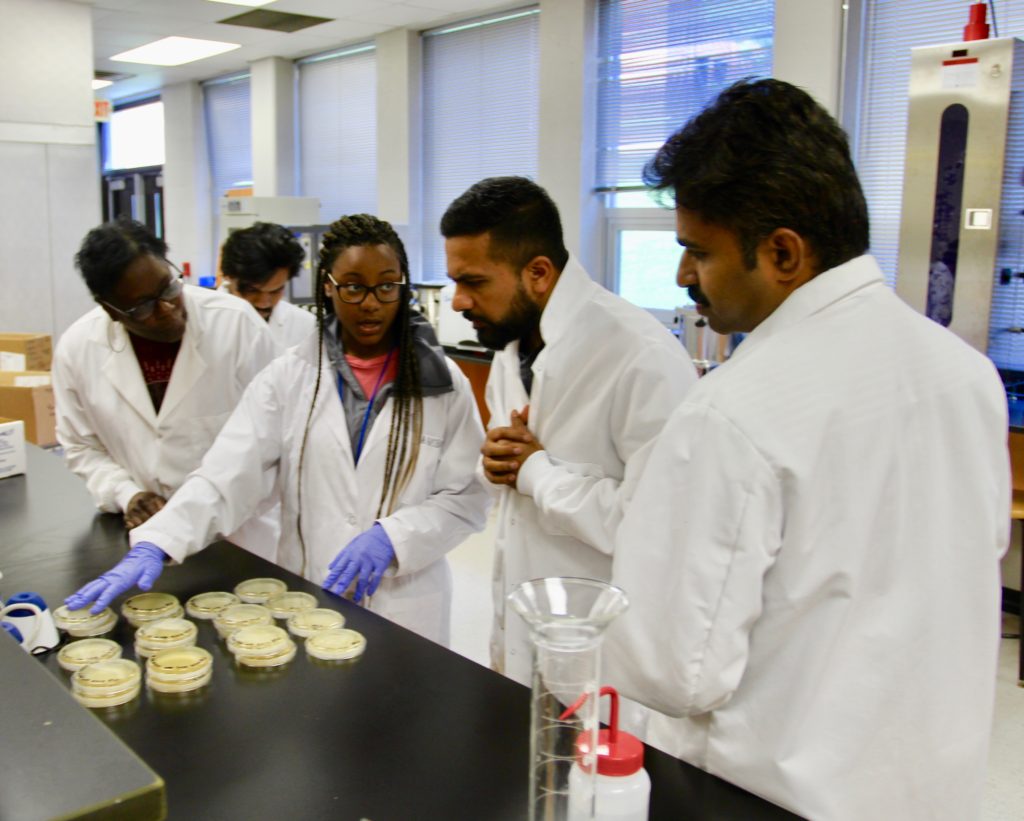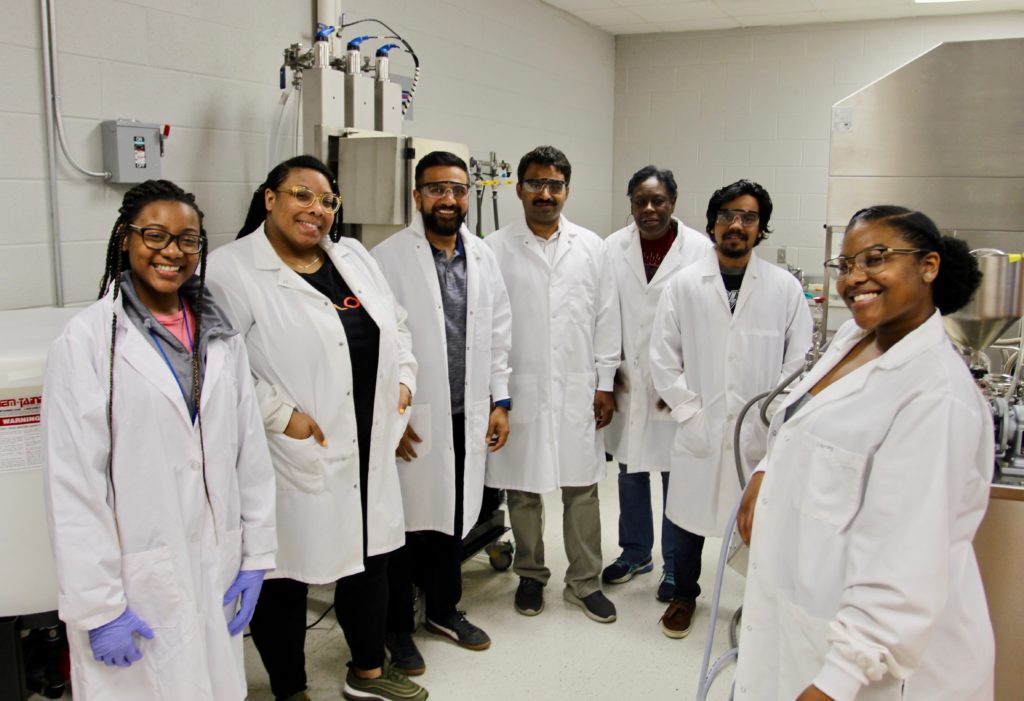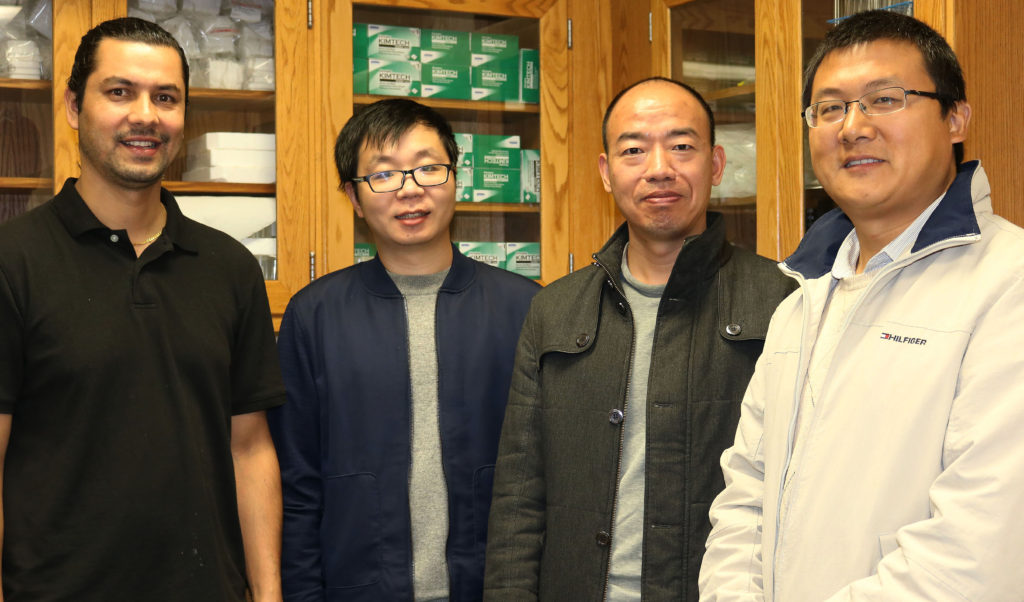NASHVILLE, Tenn. (TSU News Service) – Over 1,000 TSU students will be better prepared for internships and the job market following the university’s Fall Career Fair. The students took advantage of meeting over 240 potential employers at the fair that included representatives from government agencies, aerospace, banking, engineering, healthcare, and several other industries. The employers set up tables and displays in the Gentry Center Complex to network with students about career and employment opportunities.

“This is amazing,” Antoinette Duke, Director of the Career Development Center said during the event. “This is the largest career fair that we’ve had.” In preparation of the fair, the university held career readiness sessions at each housing location, on and off campus. The hands-on training sessions were led by executives and representatives of major companies such as Atria, PepsiCo, and Procter and Gamble.
President Glenda Glover made an announcement mid-event stating how proud she was to see students seeking employment and thanked all the company representatives for coming. “We appreciate the support … thank you to our sponsors for being here,” Glover said.

“And to the students, I look forward to you all being employees for the companies present, in the near future.”
Whitney Hawkins, a freshman health science major from Chicago, Illinois, said she was excited to see how many companies poured into her HBCU with internship and employment opportunities.
“I am open to learn about all these amazing companies,” Hawkins said during the event. “I am grateful that the school had this opportunity for us. They (employers) were really open and conversational.” While Hawkins was searching for internship opportunities to one day become a physician assistant, Reginald Cooper Jr., a rising senior from Memphis, was on a job hunt for opportunities related to health sciences.

“It was very informative speaking with Fifth Third Bank, as it has been at all the booths,” Cooper said.
“It’s great to see how many booths have come back from the previous years to show that they have an interest in TSU students.” Cooper appreciated how all the employees at each booth was approachable, greeting him with a smile. “I found a lot of opportunities and I’m excited that I see a lot of TSU students here.”
Xenea Ford, a TSU graduate who attended the fair to represent her company, said it was a full circle moment to see how impactful the event was for her and current students. Ford is a 2017 graduate who is an Internal Account Manager for Jackson National Life Insurance Company.

“I actually found out about my company at a career fair at TSU in Kean (Hall),” Ford said.
“It feels really nostalgic and amazing to be able to be here. We are looking for diverse talent and I love that we are looking here at TSU. Harold Guy, another TSU alum who is an Account Executive for Enterprise fleet management, couldn’t agree more.
“I have been smiling from ear to ear since I have been here,” Guy laughed during the event. “I am excited to see the students dressing the part and coming in with their resumes.”

Like many students, one of those rising seniors who had their resume on hand was Adrien Calvert who is studying Mass Communications.
“This is something to appreciate,” Calvert said noting that many companies told him there is a seat at the table for a communications major.
“We are about to get into the real world.”
For more information about the TSU Career Services Department, visit https://www.tnstate.edu/careers/ .

